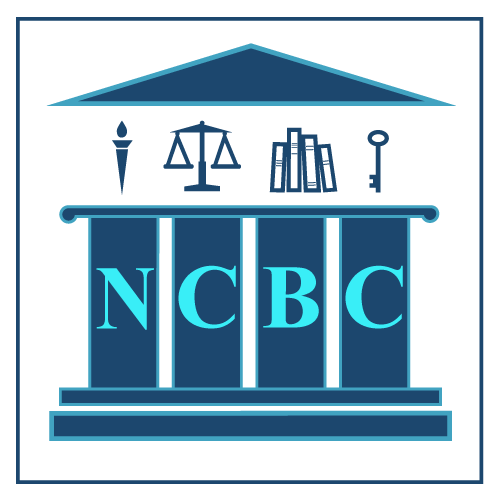NCBC Links
Opportunities wait in many locations across the United States for people with a variety of skills. Search for available positions by visiting the Federal Judiciary Careers page.
The Federal Judiciary Home Page. How were the federal courts established? What kind of cases do they hear? What is the difference between state and federal courts? These might be some of the questions you're asking when you visit uscourts.gov, and the answers are a click away.
The Federal Judicial Center is the federal courts' agency for research and continuing education. Congress established it by statute in 1967 as a separate organization within the federal judicial system at the request of the Judicial Conference of the United States. Its basic policies are determined by a nine-member Board, chaired ex officio by the Chief Justice of the United States.
The American Bankruptcy Institute is the largest multi-disciplinary, non-partisan organization dedicated to research and education on matters related to insolvency. ABI was founded in 1982 to provide Congress and the public with unbiased analysis of bankruptcy issues.
The Federal Court Clerks Association (FCCA) was formed in 1922 to promote the professionalism and integrity of the federal judiciary. Other goals of FCCA are to increase the proficiency of court employees, to support the independence of the judiciary, and to foster cooperation between courts and the community.
The National Association for Court Management (NACM) Devotes its work exclusively to addressing court management issues in the federal, state, and local courts. NCBC is a dual membership partner with NACM. NCBC members can join NACM and enjoy a 20% discount.
The International Association for Court Administration (IACA) was founded in 2004. Its mission is to promote professional court administration and management in emerging democracies and other countries pursuing the rule of law, sponsor international conferences, forums and education on court administration and management, and to serve as a resource for judges, court administrators and mangers, and other government officials in search of way in which to evaluate and improve court and justice systems.
The Michigan State University offers our members further education opportunities including a certification program and a Master's degree program specializing in the field of Judicial Administration. The NCBC works with MSU to offer the core curriculum classes at our annual conferences.
